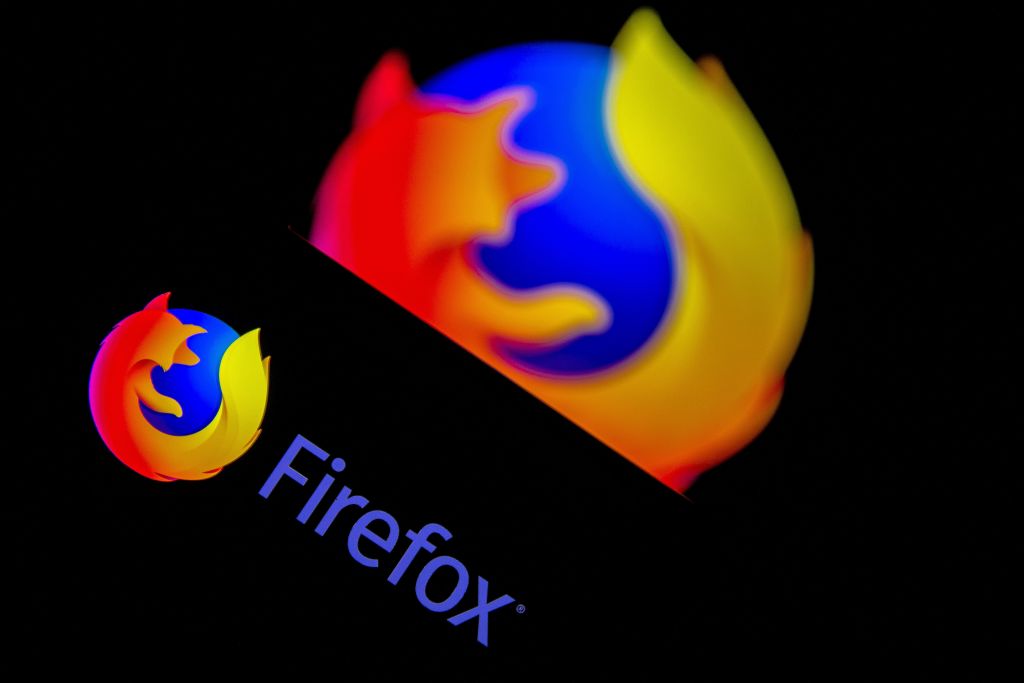Firefox will start switching browser users to Cloudflare's encrypted-DNS service today and roll out the change across the United States in the coming weeks.
"Today, Firefox began the rollout of encrypted DNS over HTTPS (DoH) by default for US-based users," Firefox maker Mozilla said in an announcement scheduled to go live at this link Tuesday morning. "The rollout will continue over the next few weeks to confirm no major issues are discovered as this new protocol is enabled for Firefox's US-based users."
DNS over HTTPS helps keep eavesdroppers from seeing what DNS lookups your browser is making, potentially making it more difficult for Internet service providers or other third parties to monitor what websites you visit. As we've previously written, Mozilla's embrace of DNS over HTTPS is fueled in part by concerns about ISPs monitoring customers' Web usage. Mobile broadband providers were caught selling their customers' real-time location data to third parties, and Internet providers can use browsing history to deliver targeted ads.
Wireless and wired Internet providers are suing the state of Maine to stop a Web-browsing privacy law that would require ISPs to get customers' opt-in consent before using or sharing browsing history and other sensitive data. The telecom companies already convinced Congress and President Trump to eliminate a similar federal law in 2017.
ISPs protested encrypted-DNS plans
Mozilla has not been deterred by a broadband-industry lobbying campaign against encrypted DNS. The ISPs' lobbying targeted Google's plan for the Chrome browser, even though Firefox is deploying DNS over HTTPS more aggressively.
With Web users already being tracked heavily by companies like Google and Facebook, Mozilla has said it is embracing DNS over HTTPS because "we don't want to see that business model duplicated in the middle of the network" and "it's just a mistake to use DNS for those purposes."
"Today, we know that unencrypted DNS is not only vulnerable to spying but is being exploited, and so we are helping the Internet to make the shift to more secure alternatives," Mozilla said in its announcement today. "We do this by performing DNS lookups in an encrypted HTTPS connection. This helps hide your browsing history from attackers on the network, [and] helps prevent data collection by third parties on the network that ties your computer to websites you visit."




 Loading comments...
Loading comments...
